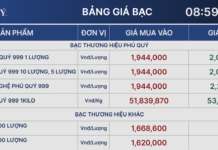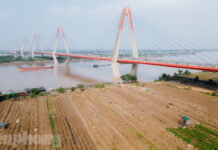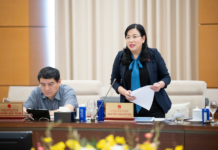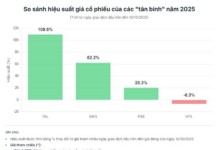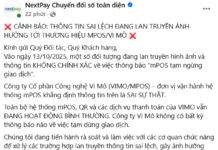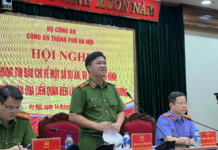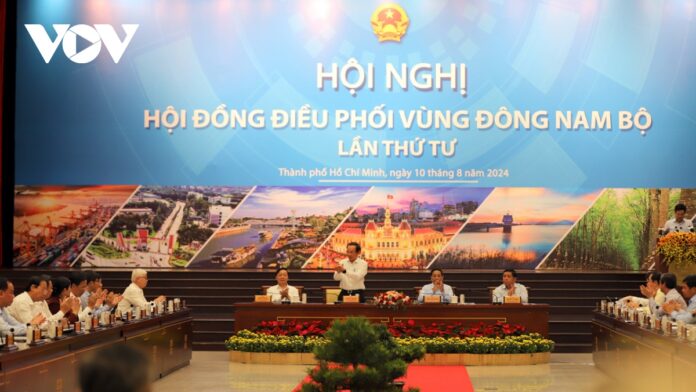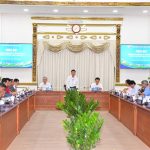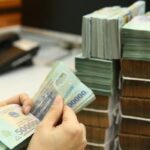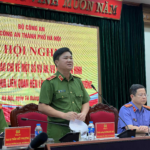According to Mr. Phan Van Mai, in implementing the Conclusion 49 of the Politburo on the orientation for the development of Vietnam’s railway transport by 2030, with a vision to 2045, the Ho Chi Minh City Party Committee established a task force to develop a proposal for the city’s urban railway development. The task force invited consultants, including domestic and foreign experts, to provide feedback on the proposal.
The proposal aims to construct an additional 183 km of urban railway in Ho Chi Minh City by 2030, increasing the public transport capacity of the urban railway to 15-20%. By 2045, the city plans to add 168 km, bringing the total urban railway network to 352 km, with a public transport capacity of 40-50%. Finally, by 2060, the city aims to complete the urban railway network with a total length of 510 km, achieving a public transport capacity of 50-60%.
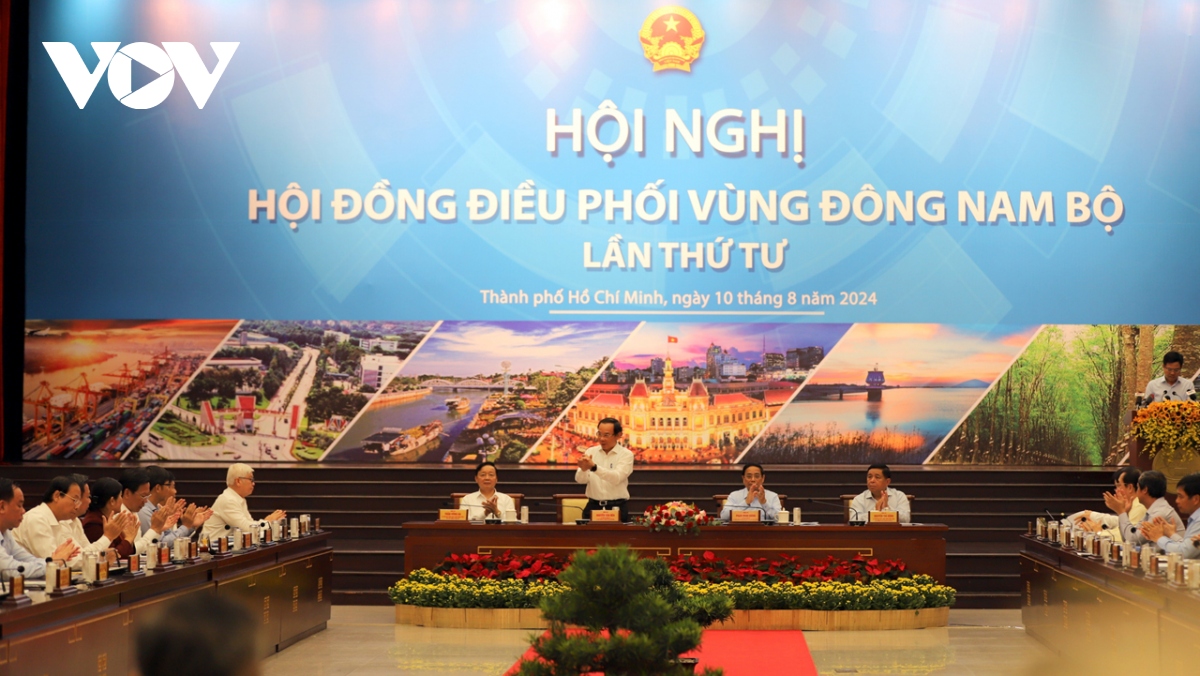
Scene of the morning session on August 10
To implement this massive urban railway system, Mr. Mai acknowledged that Ho Chi Minh City has identified domestic investment and public investment as the primary sources of funding. The city estimates that by 2035, it will require approximately $36 billion in funding; by 2045, $33 billion will be needed; and by 2060, the requirement will be $48 billion.
These funds will be raised through various sources, including the city’s annual public investment budget, increased revenue, and cost savings. Other sources include land fund exploitation, central government support through key projects, and local government bond issuance, with repayment sourced from the city’s budget revenue.
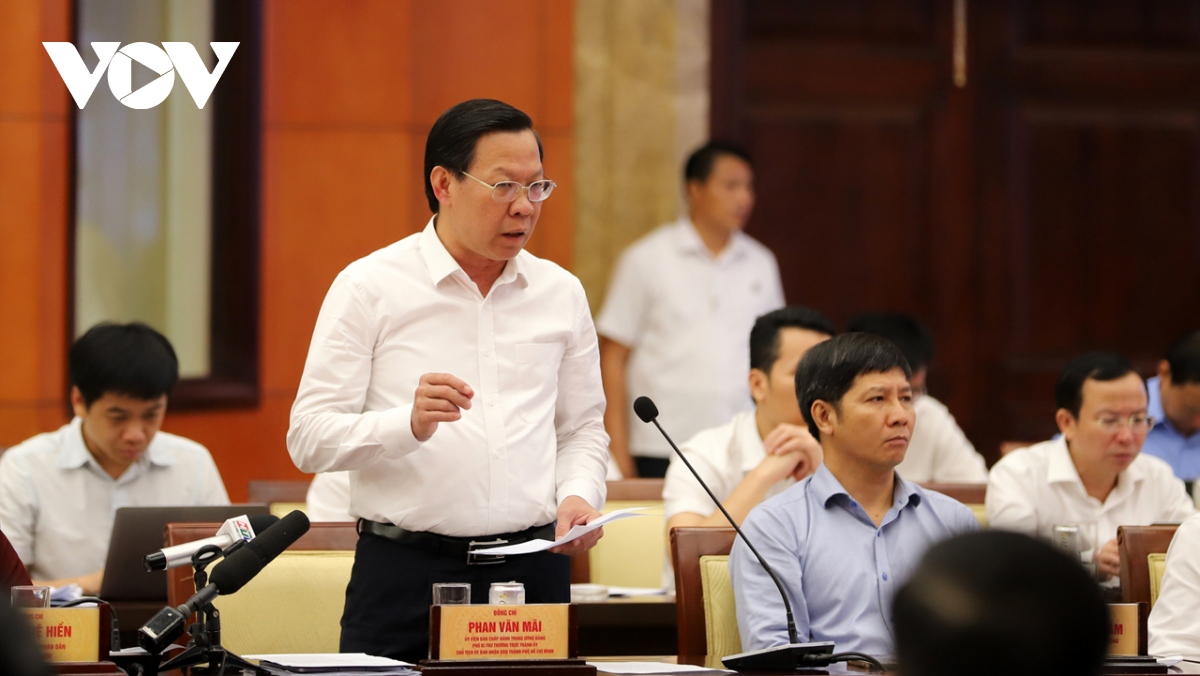
Chairman of the Ho Chi Minh City People’s Committee, Phan Van Mai, speaks at the meeting
Mr. Phan Van Mai also stated that the city plans to submit the proposal to competent authorities, including the National Assembly, for the issuance of a resolution with 16 mechanisms under the authority of the National Assembly and the Government for 9 mechanisms.
“To implement this proposal, the city requests for outstanding mechanisms in developing the proposal, in site clearance, in capital mobilization, and management. This cluster is very important; if not addressed, we will be bound by the public investment process, as mentioned by Minister of Planning and Investment Nguyen Chi Dung, that it takes 20 years to complete 20 km. If we were to follow that pace for 500 km, it would take centuries,” said Chairman Mai.
Mr. Phan Van Mai added that Ho Chi Minh City has presented the proposal to the City Party Committee and the City People’s Council. The city is currently coordinating with Hanoi and the Ministry of Transport to finalize the dossier, which is expected to be submitted to the National Assembly at the end of this year.
Supplemental Funding of Nearly 30.7 Trillion VND for Mid-Term Public Investment Plan
Deputy Prime Minister Le Minh Khai has assigned a budget of 30.683,441 billion dong to supplement the medium-term public investment plan for the 2021-2025 period from the central budget. This source of funding will be used to support infrastructure development and promote economic growth. The goal is to ensure that the investment projects are implemented effectively and contribute to the overall development of the country. With this additional funding, Vietnam aims to improve its transportation system, upgrade its public facilities, and enhance the quality of life for its citizens. The government believes that investing in infrastructure is crucial for sustainable development and will create favorable conditions for attracting domestic and foreign investments. The Deputy Prime Minister emphasized the importance of transparency and accountability in the implementation of these projects to ensure the efficient use of public funds. The government also encourages the participation and contribution of the private sector in these initiatives to maximize the benefits for the whole society.

